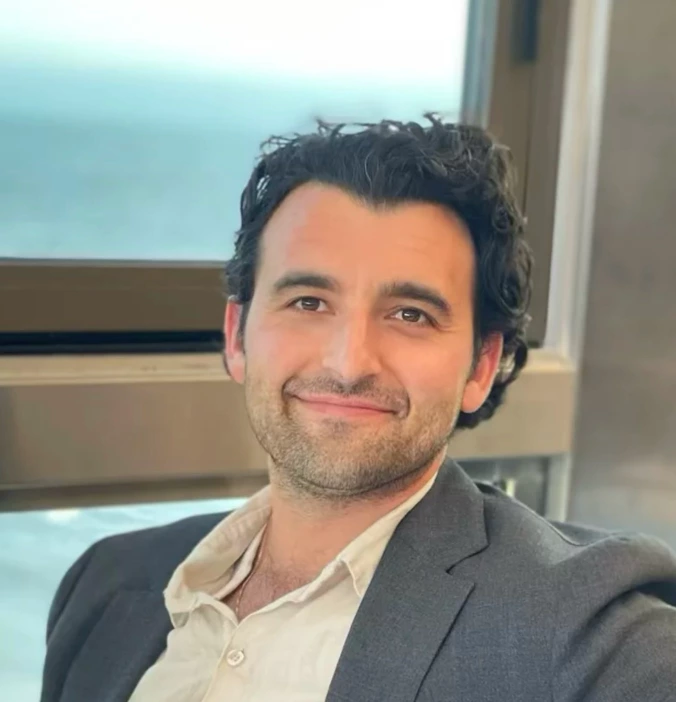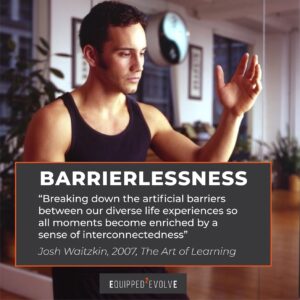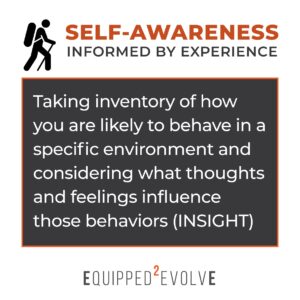Skill is Great but Talent is Better… Here’s Why:
Angela Duckworth, the leading expert on the psychological construct of grit, defines talent as the rapidity at which skill is acquired and improved: “So, if you’re a really talented basketball player, you improve very quickly when compared to less talented players with equivalent practice and opportunity.”
When thinking about talent this way, learning capability and willingness become the keys to unlocking talent, which goes beyond just being highly skilled in only one or two areas of your life. Therefore, talent can be a pathway to skill transferability.
In my opinion, skill transferability is highly underrated, and I believe to be at the heart of high performance, creativity, innovation, and longevity. Skill transferability is being able to take an experience from this Thursday and apply it to an unexpected and unrelated experience next Tuesday. Said differently, skill transferability is being able to think integratively, i.e., focused more on principles than methods.
Principles, like frameworks and mental models, give structure and organization to thinking and taking action, which contributes to developing talent. Robert Gagné, an educational psychologist, coined The Differentiated Model of Giftedness and Talent (DMGT), which depicts a continuum with giftedness (raw material) on one end, talent (end product) on the other end, and the developmental process existing in between the two. There are three main variables—intrapersonal, environmental, and chance—that can either positively or negatively impact how aptitude is turned into talent.
Based on Gagne’s model, it helps to think of skill being in between giftedness and talent. Talent and skill aren’t in opposition. On the contrary, you cannot become talented without skill. Talent is a worthwhile pursuit because it represents a greater breadth and depth of skill acquisition and transferability.




